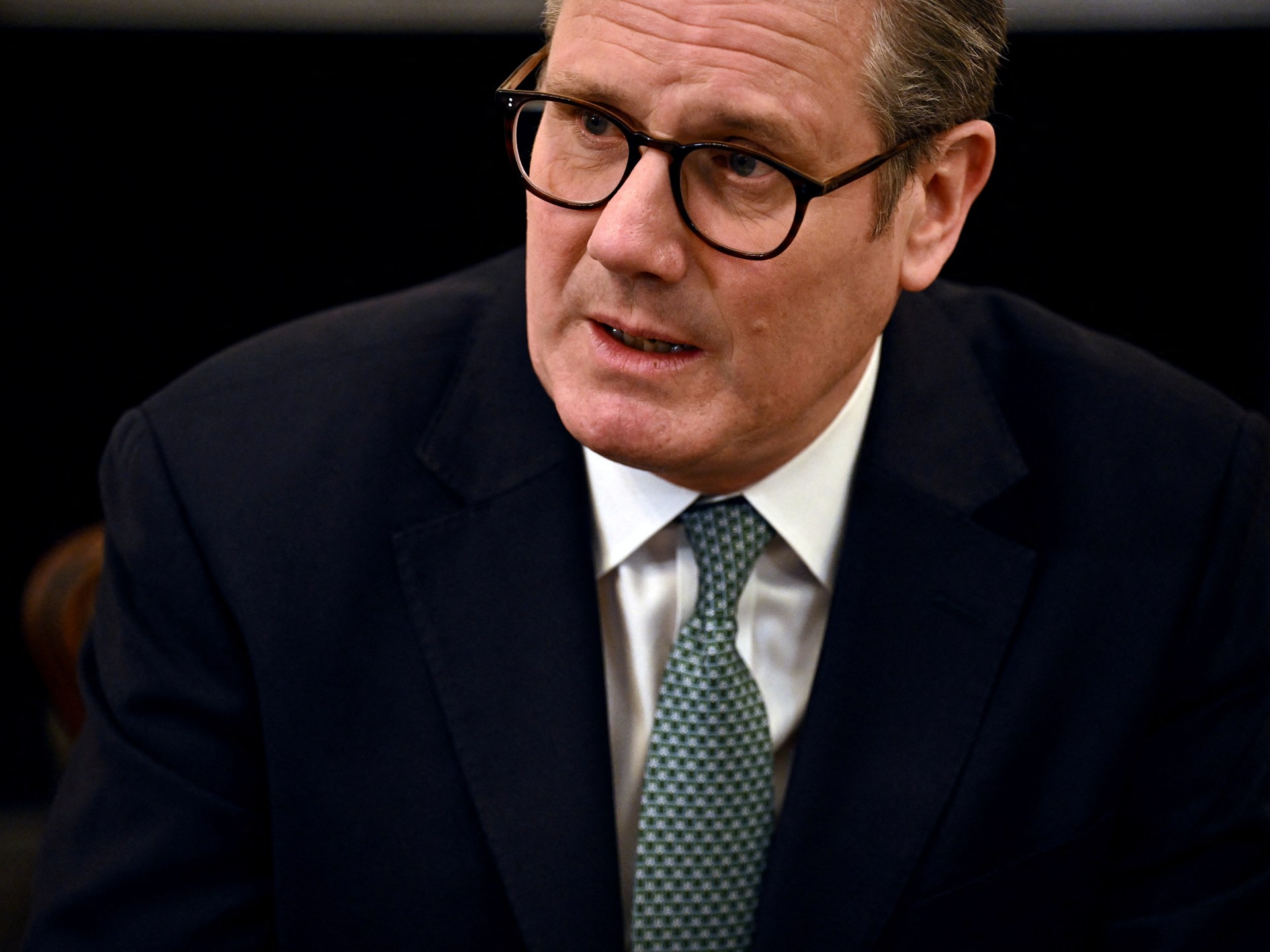New global tariffs imposed by the US will have ‘profound’ economic consequences, the British prime minister warns.
British Prime Minister Keir Starmer says the introduction of sweeping global tariffs by the United States has created a “new world” governed by “deals and alliances” rather than rules.
Starmer made the remarks in an opinion piece published in The Sunday Telegraph newspaper as countries around the world braced for further fallout from US President Donald Trump’s new tariff regime, which sent markets plummeting at the end of last week.
“The world as we knew it has gone. Old assumptions can no longer be taken for granted,” Starmer wrote.
Trump’s 10 percent baseline import tax on goods from around the world kicked in on Saturday. While the United Kingdom has got off relatively lightly with the 10 percent tariff, many nations face even higher levies in the coming days.
“This is an economic revolution, and we will win,” the US president wrote on his social media platform, Truth Social, on Saturday. “Hang tough, it won’t be easy, but the end result will be historic.”
Starmer disagreed. “Nobody wins from a trade war,” he said, describing “profound ” economic consequences from Trump’s trade offensive and signalling that “all options remain on the table” in responding to the tariffs.
End of globalisation
On Sunday, Darren Jones, chief secretary to the UK Treasury, said on the BBC’s Sunday with Laura Kuenssberg programme that “globalisation as we’ve known it for the last number of decades” had in effect come to an end.
UK ministers had been reluctant to criticise the Trump administration in the wake of the tariffs as officials have been in talks with the US in recent weeks in the hope of securing a trade deal with Washington.
Starmer insisted in his opinion piece that a trade deal will be struck with the US only “if it is right for British business and the security of working people”, insisting that he would “continue to make the case for free and open trade”.
Trump’s 34-percent tariff on Chinese goods is set to kick in next week, triggering Beijing’s announcement of a 34-percent levy on US products from Thursday.
The European Union and Japan are also among about 60 US trading partners set to face higher rates on Wednesday, raising fears of recessions in some of the world’s leading economies.
Trump’s announcement of the tariffs on Wednesday has sent countries scrambling for a response. Zimbabwean President Emmerson Mnangagwa announced on Saturday that he would suspend all tariffs on goods imported from the US after being hit with an 18-percent levy.
On Sunday, Indonesian Chief Economic Minister Airlangga Hartarto said in a statement that his country, Southeast Asia’s largest economy, would not retaliate against Trump’s 32-percent tariff, which is to take effect on Wednesday.
“The approach was taken by considering the long-term interest of bilateral trade relation, as well as to maintain the investment climate and national economic stability,” he said, adding that Jakarta will support potentially impacted sectors, such as the apparel and footwear industry.
The new levies mark “the most sweeping tariff hike since the Smoot-Hawley Tariff Act, the 1930 law best remembered for triggering a global trade war and deepening the Great Depression”, said the Center for Strategic and International Studies, a think tank based in Washington, DC.
